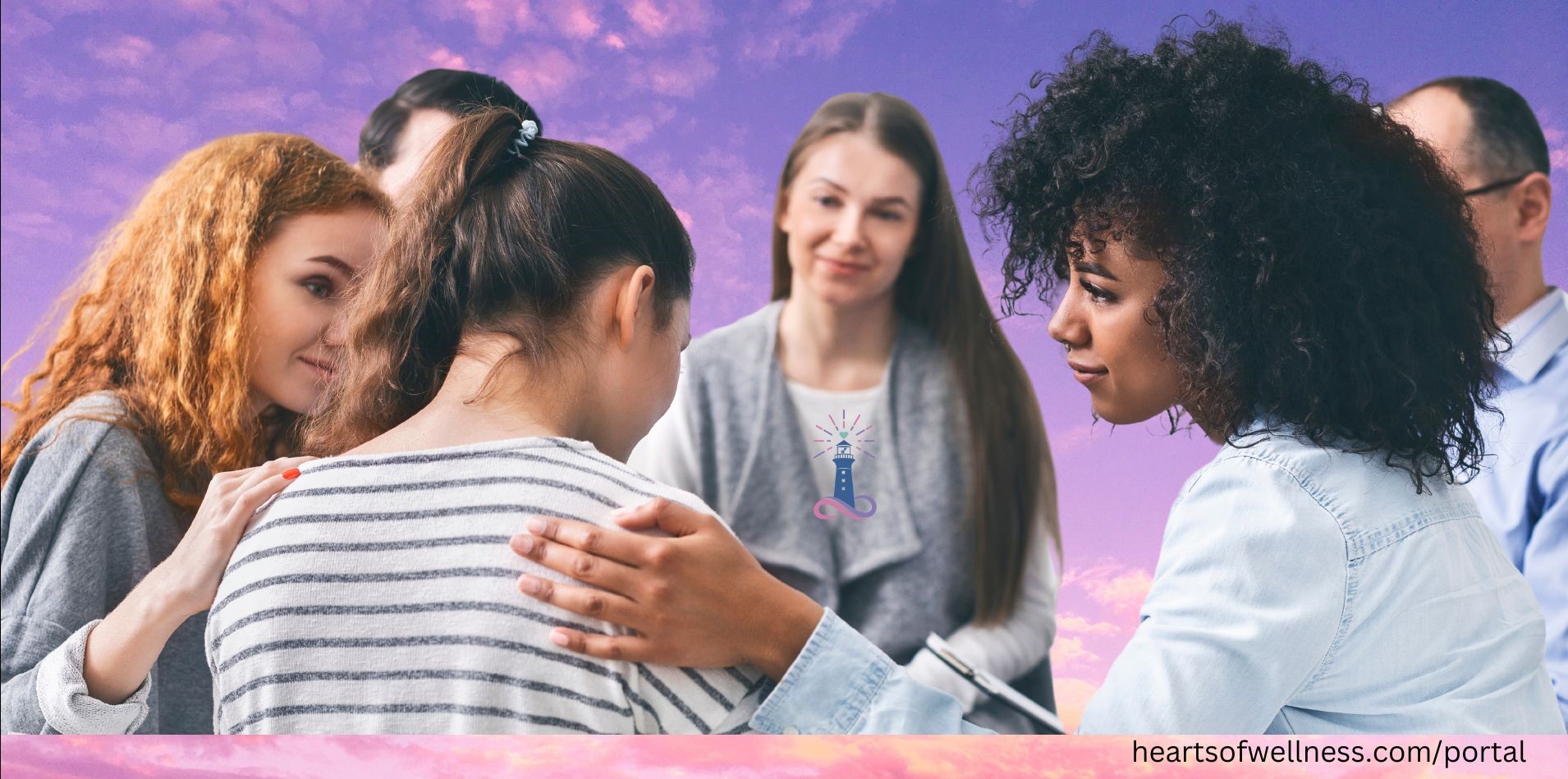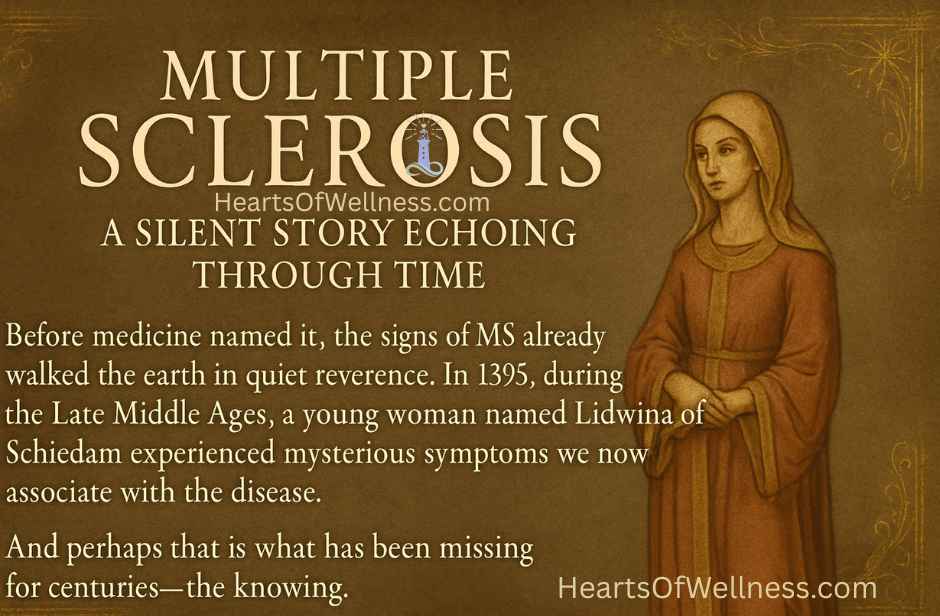Welcome to the latest episode of Unlocking Your Greatness with Wendy Bjork. As an international bestselling author, inspirational speaker and founder of heartsofwellness.com, it is my mission to empower women feeling lost in the medical system who want a holistic approach to their life. To feel HOPE: harmony, options, peace and empowerment to help others along the way.
Your support circle is more important than you think.
A lack of supportive relationships can actually be harmful to you because they reduce your ability to cope with life’s stresses. Supportive relationships can help you minimize the bad times, maximize the good ones and they are a great source of encouragement and motivation. When you are in a supportive relationship, you are more likely to succeed at achieving your goals and have more fun along the way.
There are different types of relationships including intimate, platonic and working ones but the best relationships are those that provide mutual benefit. Supportive relationships have been linked to increased happiness, a greater sense of wellbeing and a stronger immune system. People in supportive relationships are also less likely to experience anxiety and depression.
When someone is in a supportive relationship, they are able to express their feelings and have their needs met without fear of judgment. They are encouraged to be the best version of themselves and to strive for excellence. They are not made to feel guilty about spending time with their friends or for doing things they enjoy doing. A supportive partner encourages their significant other to take risks, try new things and explore their interests.
Creating a support circle is paramount when it comes to your health.
When someone is in a supportive relationship, they are able to express their feelings and have their needs met without fear of judgment. They are encouraged to be the best version of themselves and to strive for excellence. They are not made to feel guilty about spending time with their friends or for doing things they enjoy doing. A supportive partner encourages their significant other to take risks, try new things and explore their interests.
The other side of the coin is that a supportive person is also able to listen to and consider their significant other’s thoughts and opinions without judgment. They are able to offer guidance and advice on how they think their significant other could improve but do not attempt to live their life for them.
A supportive person is also able to recognize their own faults and mistakes. They are able to reflect on their own actions and learn from them in order to become a better person. They are not afraid to ask for forgiveness and are able to admit when they have been wrong.
Having a diverse network of social connections is vital for long-term health. Research has shown that those who are isolated have a much higher chance of developing high blood pressure, obesity and inflammation (see our article on why loneliness is harmful). Even when other mortality risk factors such as smoking, drinking and ageing are taken into account, people who have a variety of social relationships tend to have lower mortality rates.
In order to develop and maintain supportive relationships, it is important to understand what they look like and what role they play in your life.
There are three main types of supportive relationships.
All three matter: emotional support, instrumental support and informational support. Emotional support is where a close friend, support circle member or family member provides comfort and emotional strength when you are feeling down or dealing with a crisis. Instrumental support involves providing help in practical ways such as bringing a meal to you when you are sick or taking you to the doctor when you have an appointment. Finally, informational support is where a close friend or relative shares their own experiences and knowledge with you to help you make better decisions.
To support you on this path, download your copy of the Hearts of Wellness 30-Day Journal + Blueprint Bundle Towards Living Your Best Life at heartsofwellness.com/you. It will support you in keeping your desired outcomes all in one place along with the Blueprint which will help you take small steps daily towards a better view of yourself. Plus improved self talk, writing your weekly gratitude list and celebrating your weekly wins. Discovering and living by your personalized playbook are important steps we can create together!
If you feel a self-paced approach with Wendy’s support would be helpful in reaching your goals, you can head over to the Hearts of Wellness Membership Collective and begin your journey back to simplicity, freedom and wholeness!
Follow Wendy: heartsofwellness.com/newsletter
Connect with her through social media:
Twitter/X: @bjork_ms
FB page: Wendy Bjork Hearts of Wellness
YouTube Channel: www.youtube.com/@wendybjork
LinkedIn: https://www.linkedin.com/in/wendybjork
Instagram: @theempressofms







